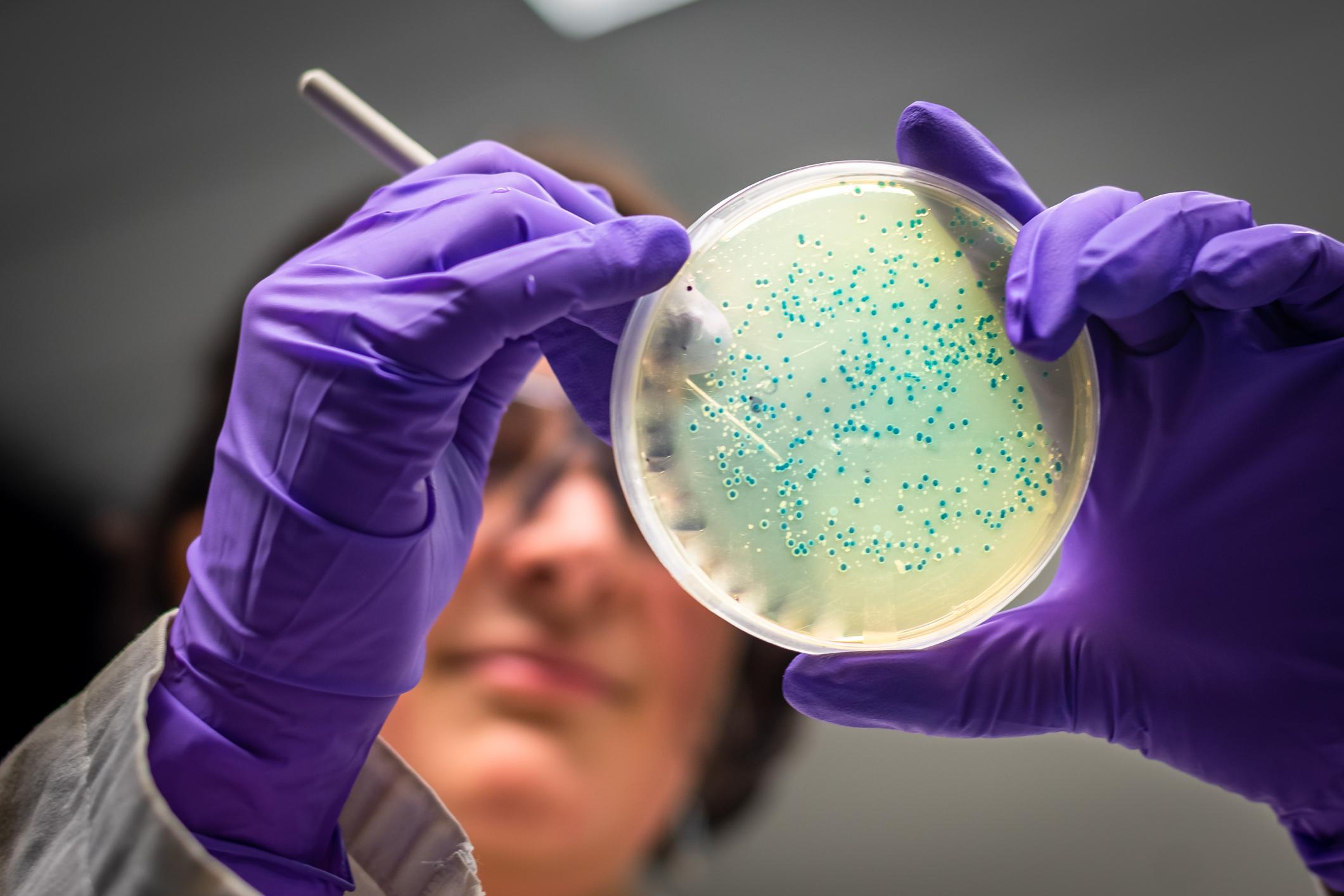To better treat cystitis, new recommendations regarding antibiotics have been issued.

- Urinary infections are one of the leading causes of antibiotic prescriptions.
- As a result, the HAS, the French Society of Microbiology (SFM) and the French-speaking Infectious Pathology Society (SPILF) are issuing new recommendations concerning antibiotics prescribed for cystitis.
- Cystitis is a urinary infection localized in the bladder which is caused, in 90% of cases, by a bacteria called “Escherichia coli”.
To better manage urinary infections, the HAS (High Authority of Health)the French Society of Microbiology (SFM) and the French-speaking Infectious Pathology Society (SPILF) issue new recommendations regarding antibiotics.
“In France, each year, around 125,000 patients suffer from infections caused by bacteria resistant to antibiotics, which lead to 5,500 deaths,” explains the HAS in a press release. “Urinary infections are one of the main causes of antibiotic prescriptions, so it is essential to promote their proper use. This is why the French Society of Microbiology (SFM) and the Society of Infectious Language Pathology French (SPILF) have developed a good practice recommendation approved by the HAS in order to promote targeted antibiograms for enterobacterial urinary infections in the female population. continues the institution.
“This recommendation is part of the national plan to combat antibiotic resistance led by the Ministry of Health,” can also be read in the document sent to the editorial staff. “It is aimed at biologists as well as all clinicians who have to manage a female urinary tract infection caused by enterobacteria from the age of 12”, we learn.
Urinary infection: what treatments for cystitis?
In general, it is now recommended to favor the use of narrow-spectrum antibiotics and to reduce the use of so-called “reviews” due to their broad spectrum and their ability to select for resistance (as do, for example, fluoroquinolones).
Furthermore, public health experts point out that not all cases of urinary infections require antibiotic treatment, particularly in cases of bacterial colonization without symptoms.
The prescription intended to treat urinary infections must also take into account the benefit/risk analysis based on the latest scientific data and ANSM alerts.
“This work will soon be updated to include male enterobacterial urinary infections in adults (from 16 years of age) and pediatric urinary infections (girls under 12 years of age and boys under 16 years of age)”, concludes the HAS.
Urinary infection: what are the symptoms of cystitis?
Cystitis is a urinary infection localized in the bladder which is caused, in 90% of cases, by a bacteria called “Escherichia coli”.
The symptoms appear more or less suddenly and include:
– burning or pain when urinating;
– a feeling of weight in the lower abdomen or pain in the lower abdomen;
– urgent needs to urinate (feeling of not being able to hold back);
– need to urinate very often without being able to pass a lot of urine (pollakiuria);
– cloudy urine, giving off an unusual odor and possibly containing traces of blood.
















